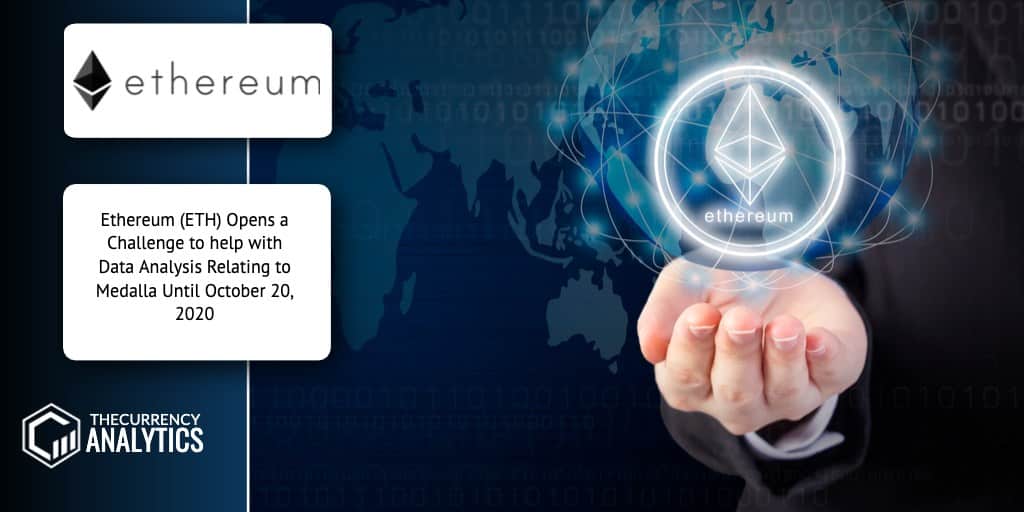
It is well known that Up until 20 October 2020, the Ethereum Foundation is sponsoring a Medalla data analysis and data visualization blog post challenge. The details of which are already published in their website.
Ethereum retweeted: “Calling data scientists, data engineers, data visualizers, developers, and anyone interested in digging into Ethereum data! Announcing the Medalla Data Challenge Help us make sense of Medalla through data analysis, visualizations, and enhanced tooling.”
While validators continue to validate and attesters continue to attest, the blocks are propagating. There is lots and lots of data and therefore Ethereum community is looking for help to make sense of it all.
They are looking for help with data visualizations which will show the health of the Medalla test network. They are looking to make sense of the data which will substantiate, aggregation performance with details of latencies, validator effectiveness Gini coefficients, and block rewards. They are looking for help to come up with some compelling story about the Medalla data?
Data needs to be studied to identify the performance and behavior patterns which one will be able to find among different classes of validators like hobbyists, institutional players, exchanges, and stakers. The patterns that exist in slashings need to be identified. And details of other data that can be collected to analyze on Medalla and the details of the probable tools that can be built to collect and analyze data on the Medalla is required.
Sydney Ifergan, the crypto expert tweeted: “Ethereum Network (ETH) is huge and to get things complete they need lots and lots of volunteers and they are right about calling for help with Medalla Data Analysis.”
When it comes to the challenge Ethereum has stated, “Your findings will give the Ethereum community —from beginners to core researchers— important insight into Medalla, the last step en route to Phase 0, the Beacon Chain. And, also that if Medalla proves stable, mainnet launch is next! And so, this is a critical moment to get involved in the Ethereum community.”
The Good thing is that anyone is free to submit.
Linde Xie tweeted: “There’s been a ton of interest in Ethereum lately. To help make it more accessible to new devs joining, we’re setting up open, virtual sessions to share resources & answer questions. First one on 9/17 features.”
Any project that is worked on Ethereum has lot of support. Good for those who contribute to benefit later.


Get the latest Crypto & Blockchain News in your inbox.